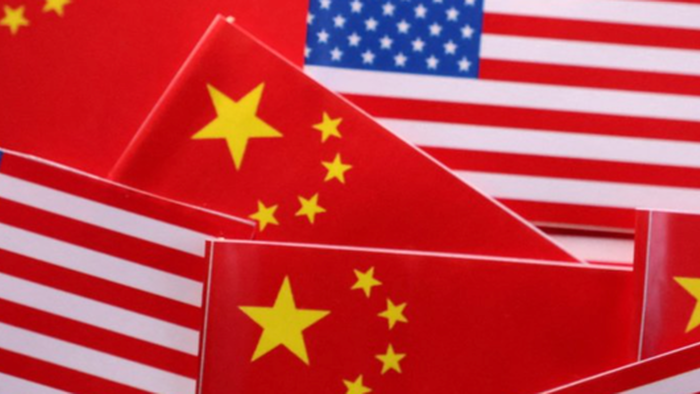


With just six days until President Trump's 'reciprocal' tariff pause ends worldwide, the Trump administration is accelerating efforts to secure trade deals with key countries. On Wednesday, Trump signed a new trade agreement with Vietnam, and emerging headlines in financial corporate media only suggest negotiations with China may also be gaining traction.
The first encouraging sign comes from a Bloomberg report stating that the Trump administration rescinded license requirements for ethane exports to China, allowing companies like Enterprise Products Partners and Energy Transfer LP to resume direct shipments without seeking additional approval.
The restrictions, introduced a few months ago, had disrupted US-China petrochemical trade, forcing tankers to reroute or idle. With the rollback, exports are expected to rebound to seasonal levels of 240,000 barrels per day in July.
In a series of notes, we've outlined how American petrochemicals—particularly ethane—are critical to Chinese plastics manufacturers, and how the Trump administration's export restrictions, used as leverage in the trade war, risked triggering supply shocks (read here) and mass factory shutdowns across China's industrial base.
With ethane flows set to rebound, another encouraging sign materialized overnight, as reported by Bloomberg in a separate article, the Trump administration lifted export license requirements for U.S. chip design software sales to China.
The Commerce Department notified top electronic design automation (EDA) software companies — Synopsys, Cadence, and Siemens — that licenses are no longer needed to sell to Chinese clients. Siemens has resumed full service, while Synopsys and Cadence are restarting operations.
The rollback reverses May's crackdown, which came in response to China's curbs on rare earth exports. Under the new trade agreement, finalized in London, the U.S. agreed to ease restrictions on EDA software, ethane, and jet engines, contingent on China accelerating export approvals for critical rare earth minerals.
All of this suggests that the U.S. and China are making progress in trade talks ahead of the July 9 deadline, when Trump's suspended "reciprocal" tariffs are set to take effect. Hopefully, the Chinese export channel of rare earths can finally reopen for U.S. companies plagued with shortages.
